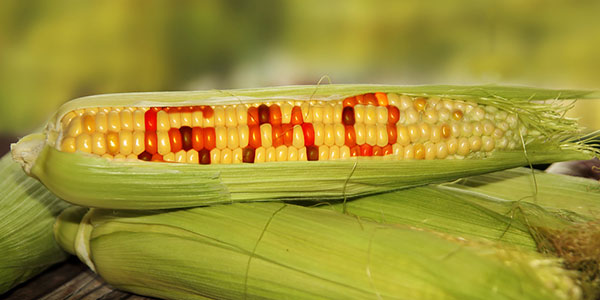
Thoughts, opinions, and unanswered questions probably fill your mind when hearing people talk about "GMOs." GMOs and GMFs, also known as genetically modified organisms and foods, contain artificial genetic material after being manipulated in a laboratory. The new creation and product can be a combination of plant, animal, bacteria, and viral genes that do not occur naturally.
Some individual and animal studies have revealed evidence for health risks. However, further studies on the consumption of GMOs should be conducted to gain clearer results regarding long-term health risks. Staying in the know about GMO labeling can help individuals better understand GMOs and the controversies that come with them.
The GMO Labeling Issue
Genetically modified organisms and foods can be found in popular items. For example, products like corn and soybean have been created. There are no federal laws that currently require the labeling of GMOs. However, under law, GMO ingredients are not allowed in the United States Department of Agriculture (USDA) organic food. Also ever noticed "non-GMO" on a food product? Voluntary guidelines have been followed, typically to market their product to the GMO-conscious consumers. Voluntary guidelines commonly use the "Non-GMO Project Verified" seal started by the Non-GMO Project. The organization utilizes private, nonprofit retailers to vary the product contains less than one percent of GMO ingredients.
Mandatory laws would follow much tighter regulations and control than voluntary laws, oftentimes used to market GMO-conscious consumers. At the moment, Vermont, Maine, and Connecticut have passed laws for mandatory GMO labels. In addition, more than 60 countries around the world have mandatory labeling laws.
Why the GMO Labeling Issue Matters to You
In reality, everyone has their own answer to "Are GMOs safe?" and their stance on GMO labeling. A compilation of polls suggested ninety percent or more of the population says the federal government should require the labeling.
For passionate non-GMO consumers, knowing what is being put into their food comes along with that stance. If a consumer is concerned about genetically modified products, labeling them could provide reassurance. However, the already existing GMO products could be an alternative in non-labeled products. It has also been argued that religious beliefs, environmental beliefs, and food allergies could be affected and stepped on.
A portion of the population does have a lack of understanding of GMOs. Ultimately, each individual will have their opinions on genetically modified organisms and foods. Ideally, the beliefs should be based on sufficient knowledge and understanding of the issue.
References:
U.S. Polls on GE Food Labeling. Center for Food Safety. Available at: http://www.centerforfoodsafety.org/issues/976/ge-food-labeling/us-polls-on-ge-food-labeling#
To label or not to label: What you need to know about GMO foods. Available at: http://www.foxnews.com/leisure/2015/08/04/to-label-or-not-to-label-inside-debate-on-gmo-foods







